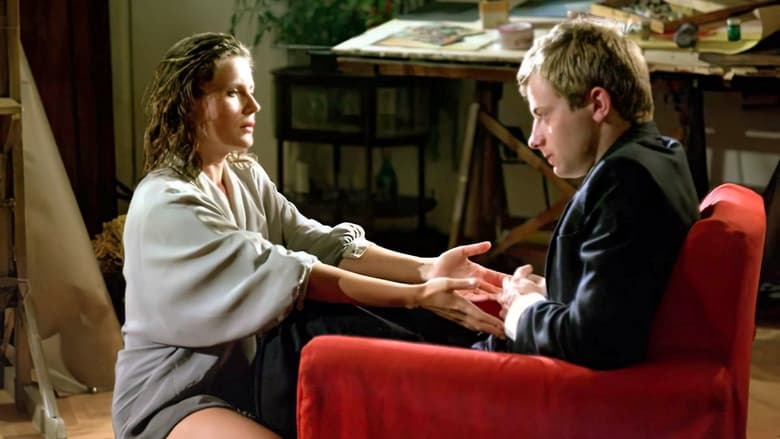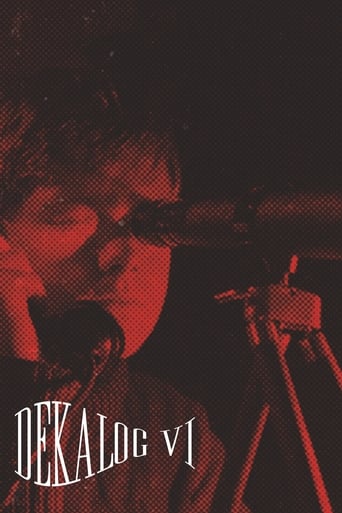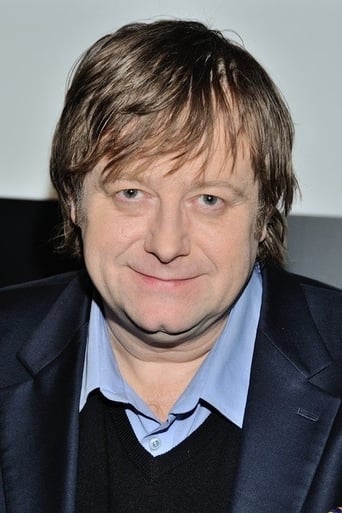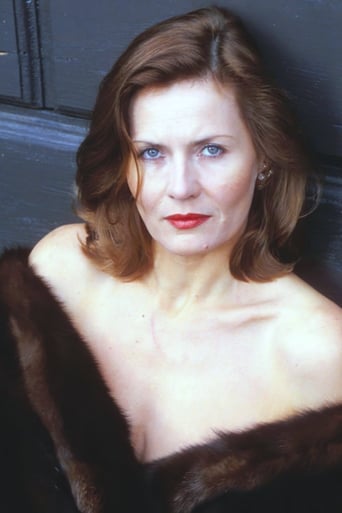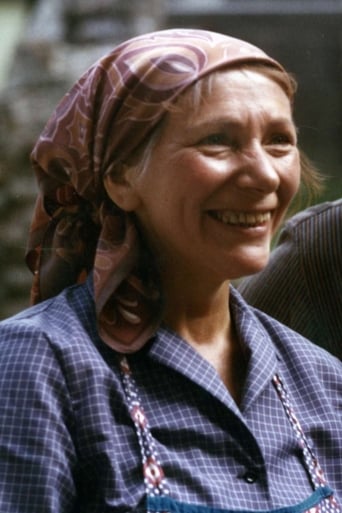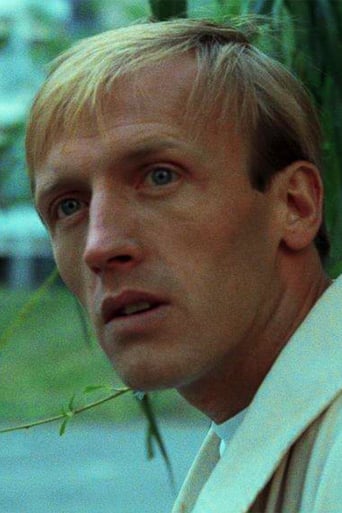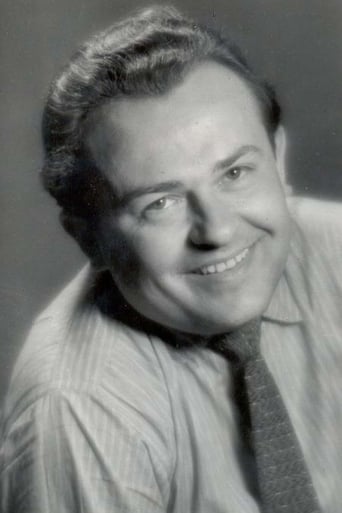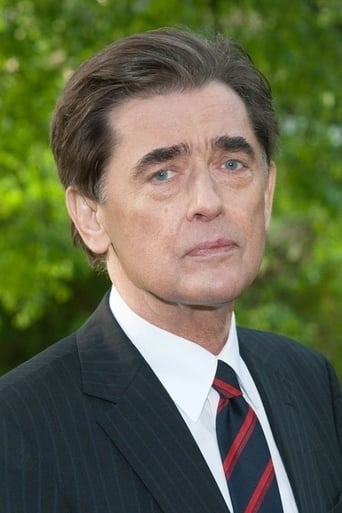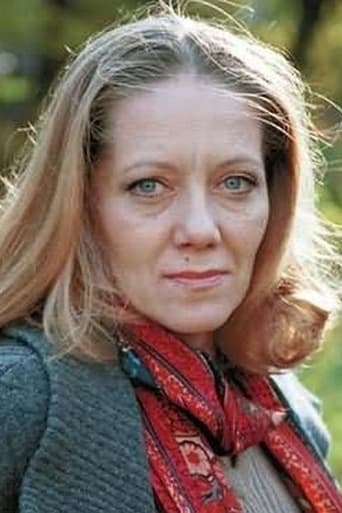A teenage postal worker, Tomek, routinely spies on his older neighbor Magda, a sexually liberated artist who lives in the apartment across the courtyard from his. As their private worlds merge, fascination turns to obsession, and the line between love and curiosity becomes violently blurred.
You May Also Like
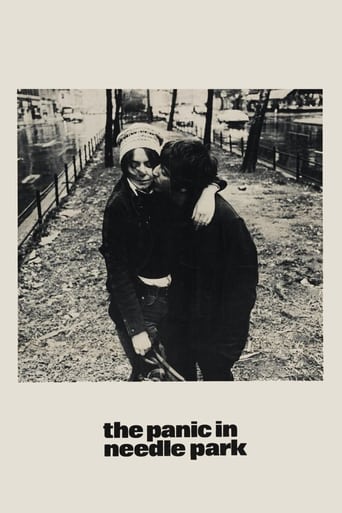

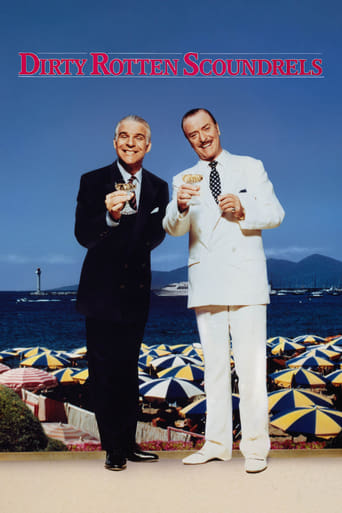
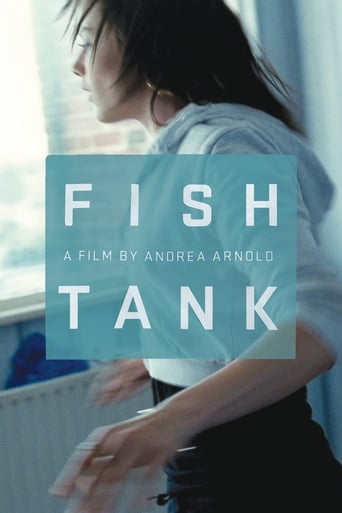
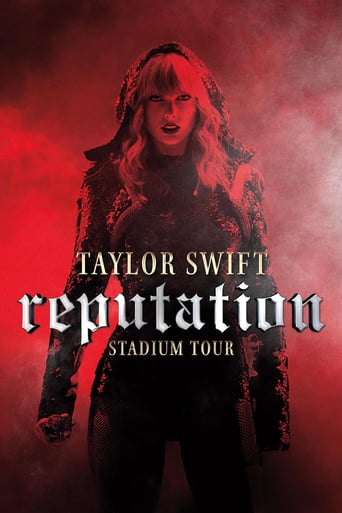

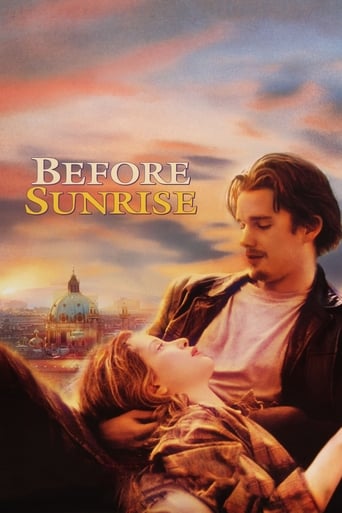
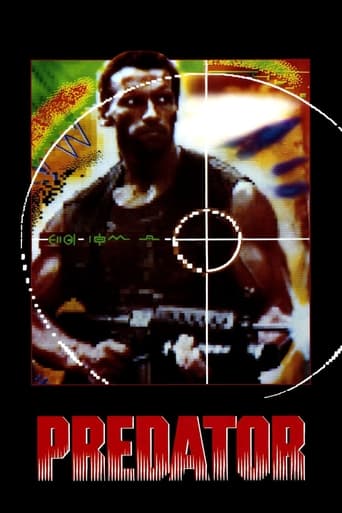

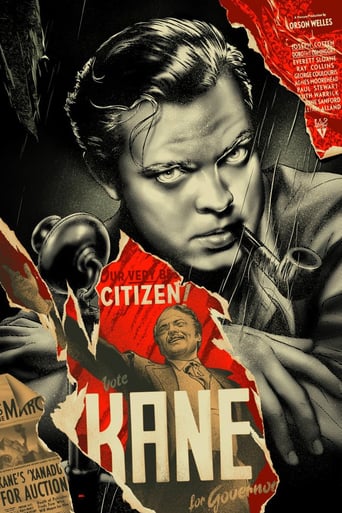
Reviews
Best movie of this year hands down!
Fantastic!
Don't listen to the negative reviews
The acting is good, and the firecracker script has some excellent ideas.
'Dekalog' is a towering achievement and a televisual masterpiece that puts many feature films to shame, also pulling off a concept of great ambition brilliantly. Although a big admirer of Krzysztof Kieślowski (a gifted director taken from us too early), and who has yet to be disappointed by him, to me 'Dekalog' and 'Three Colours: Red' sees him at his best.All of 'Dekalog's' episodes have so many great things, and it is an example of none of the lesser episodes being bad. This is testament to the high quality of 'Dekalog' as an overall whole and how brilliant the best episodes are. Along with Episodes 1, 4 and 5, Episode 6 is one of my favourites and simply magnificent in every way.Every single one of 'Dekalog's' episodes are exceptionally well made. The production values in Episode 6 are as ever atmosphere-enhancing, beautiful and haunting to look at and fascinating. Many of the images are impossible to forget and have the ability to shock and move. The direction is quietly unobtrusive, intelligently paced and never too heavy, and the music is suitably intricate.The themes and ideals are used to full potential, and the characters and their relationships and conflicts feel so real and emotionally resonant without being heavy-handed. Despite being based around one of the ten commandments, don't let that put you off, resemblance to religion is relatively scant.Story-wise, it is one of 'Dekalog's' richest, it's creepy, it's poignant and thoughtful, deliberate but never dull. The themes of obsession, stalking, lust, and heartache are expertly explored. The characterisations and interactions are among 'Dekalog's' richest and compellingly real. The acting is superb as to be expected from both the two leads, again the complexity and nuances of the performances is to be admired.Overall, one of the best 'Dekalog' episodes and a masterpiece. 10/10 Bethany Cox
In film as in music and writing, you have a short form and a long one.The short form is intended to stroke you into a feeling only. It gives a taste where the other provides nourishment. One is a travelogue while the long form is expected to be a journey.Right here, right in this very film is a semester of film school, because you can see a master of the short form reach into the long form which he would soon also master.This is one of the ten short films sketched by his writing partner. His partner would set up the basic dramatic knot and Kieslowski would them fill it out with all sorts of cinematic riches. In the short form, it is enough that those riches are merely rich.But you need to watch this, and then watch the longer version he made for Cannes and theatrical release. In the longer one, he imposed his will outside the scope of his partner and transformed the film into something else.Watch this one first. What it does is evoke a tone, establish a song sung between two people. It leaves you in a way that short form can, in midleap armed only with the tone conveyed.Now, my filmlife friend. Watch the long form: "A Short Film About Love." It adds 28 minutes. IMDb has it that the short version was derived from the long. But no. The short was created, and then the long.The longer version has all the events of the short except the end, but is a completely transformed story. It has framing. It has ambiguities (we don't know whose suicide is the one at the beginning); it has internal fate (our heroine weaves, literally, her life and one of the threads is pulled from the stolen telescope).Both have voyeurism, but the long transforms that into the filmmaker's stance in the manner of "Rear Window." They both have the spilled milk. But look at how the longer one evokes that afterward as the point at which the filmmaker enters the world of love.In the long one, we the voyeurs in the theater become implicated. It is masterful, that fold.In this short form, we the audience are placed in the other side. Kieslowski has been looking at us (in all ten) and showing us ourselves, and at the end of this, it is we who have the question she shows in her face.Ted's Evaluation -- 3 of 3: Worth watching.
This story is based on the EYE'S FICTITIOUS POWER, meant as a subtle and perverse kind of interference with our personal lives in the name of aims in clear contrast with every rules for civil living. Intended as a strict and precarious consequence of the obvious impossibility of coming to terms with one's own frustrated ambition, subjected to under-valuate the human interrelations dynamics. Acting as a comforting heaven-sent shelter from the dangers of the main character's hermetically sealed world, as an ambiguous way to take up a defensive position and give vent to the increased capability of the faculty of sight artfully increased at other people's expenses, whose privacy is being violated in their own homes.The Dekalog 6, "Thou shalt not commit adultery", a shorter version of "A Short Film About Love", rotates around the barycenter of Tomek's room, a world apart from where he looks around epistemologically in search of some contiguous reality analyzed under his anomalous point of view, purified of all normal human contacts, always focused on Magda, his "bright" object of desire, incapable of facing her with open heart for fear of tasting the bitter flavor of frustration. Conscious of his aleatory capacity of interacting with reality by phone, Tomek may be considered a living symbol of the human inability to perform the least act of love. His disturbing condition of abusive collector of undue slices of reality is doomed to reveal all its limits owing to wrong synergism between his will power immersed in totalizing choices and the frailty of his immature mind deprived of any sense of security given up for lost. So his "bright" object of desire assumes the same solidity of an image reflected in the glass, completely devoid of all real consistence, even if endowed with a paralyzing erotic charge able to melt virtual juvenile ardors like snow in the sun.Kieslowski shows here an unusual tendency toward reddish tones of the same color of that insane passion which drives Tomek to the perpetration of sexual impure acts forbidden by the sixth commandment, together with Magda, charming thirty-year-old woman affected by exhibitionist mania and late repentance for her sins, opaque and unlikely reminiscence of the evangelic Mary Magdalene. The red color assumes the natural function of dramatic passion, dominating the scene completely such as in the final chapter of the colors trilogy. But while in "Trois couleurs: Rouge" its presence is mixed with a sense of detachment and with skeptical attitude towards every passionate involvements, in "Dekalog 6" one can perceive from afar the heat of the blazing flame ready to burn out suddenly as soon as the real nature of love, fleeting and deceptive, can be unmasked.
Once again Kieslowski manages to produce a compelling and thought provoking film. This time seemingly constructing his plot from the best parts of "Rear Window" and "Lolita". Kieslowski presents his characters simply as they are, free of prologues, backgrounds, flashbacks or exposition and does not "ask" us to identify with the obsessive voyeur or the subject of his gaze but "presents" them to us as subjects to observe. Inevitably Kieslowski's choices pay off as we begin to empathize with these characters not necessarily because he wants us to but because they're needs and desires are too similar to ours for us to simply look at them in disgust. Episode 6 presents us with two characters who begin on opposite sides of the emotional spectrum and end up reversed just as their voyeuristic tendencies do. There is never any chastising from one character to another which some have called unrealistic or contrived. For me however this rings truer than the most moralizing of speeches because both characters know they're in no position to judge the other. They're both aware of their faults and willingly pay for them (witness Magda's indifference to her own suffering and Tomek's voluntary repentance courtesy of Magda's lover (ala "Raging Bull"). To those who would call such a tale unrealistic I say go watch "Pretty Woman" again.
Top Streaming Movies











